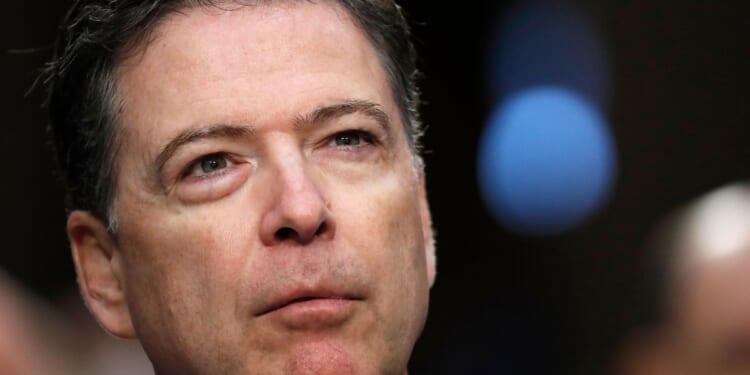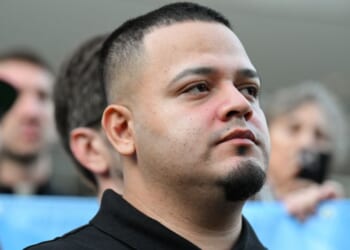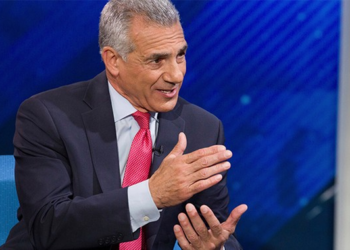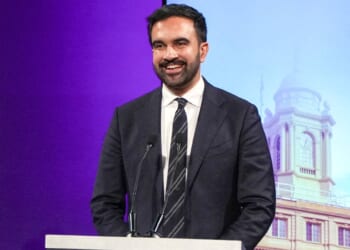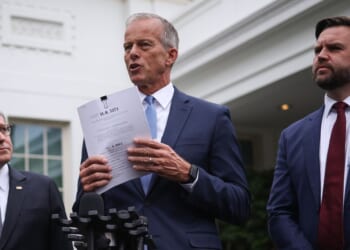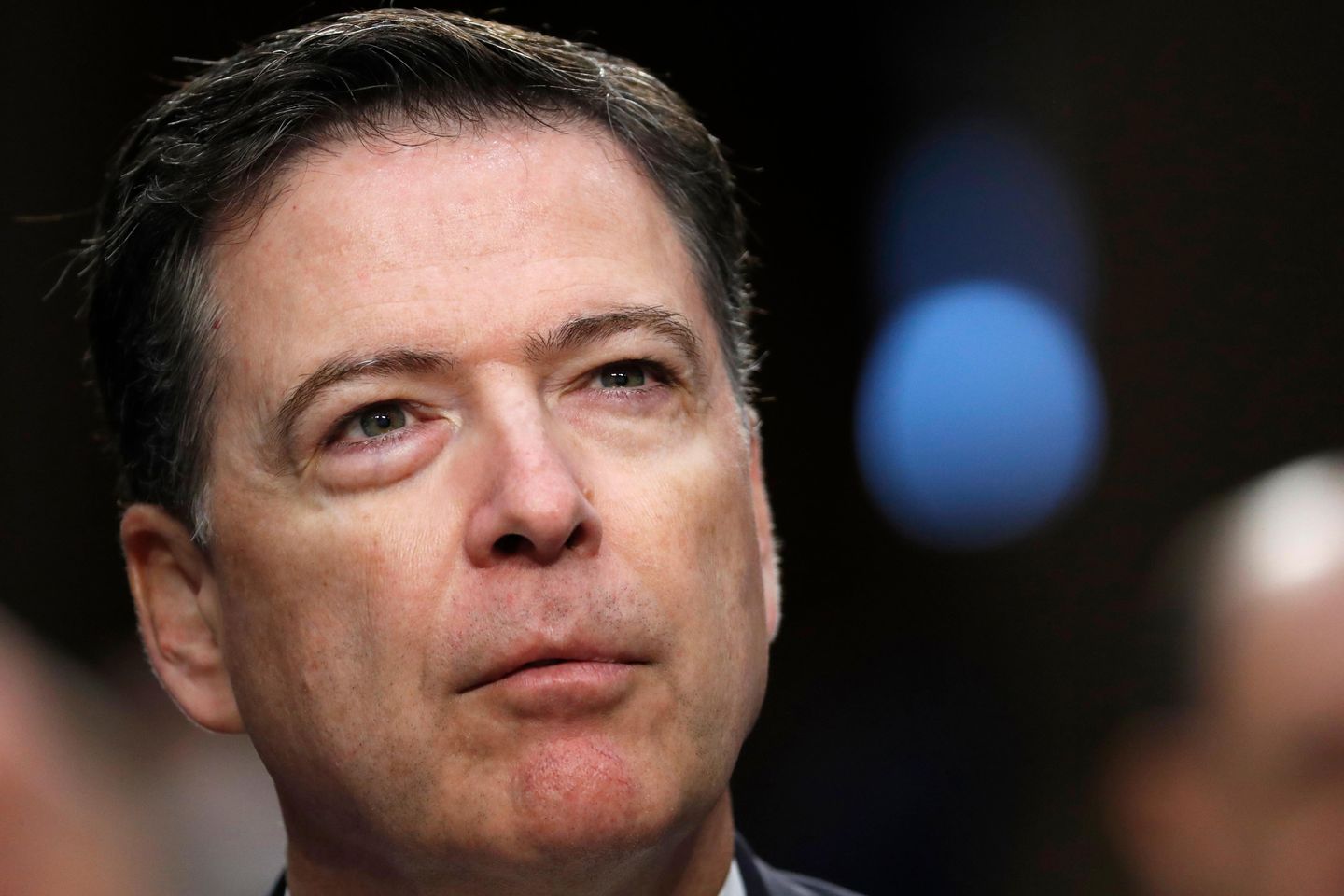
The Justice Department faces an uphill legal climb to reinstate charges against former FBI Director James Comey after a judge threw out the case this week.
One avenue for the administration is to appeal the order that reasoned Lindsey Halligan couldn’t bring the indictment as the U.S. Attorney for the Eastern District of Virginia since she was never confirmed by the Senate.
Maybe a better route would be to pursue a new indictment against Mr. Comey.
Yet the experts caution that too could falter based on the timing and other legal hurdles.
“If the administration wants to succeed, it needs to bring the adults into the room,” said John Yoo, a former Justice Department attorney and now a law professor at the University of California, Berkeley.
“If the judge had not rejected Halligan’s appointment, he could have found other crippling faults in the indictment. These problems reveal the deeper problems in winning a conviction of Comey — he may not have lied to Congress, may not have had the mental intent to lie to Congress, and actually truthfully answered what was an ambiguous question from Senator Cruz. It would be best for Trump and DOJ to let the case drop — they have made their point.”
On Monday, U.S. District Judge Cameron McGowan Currie ruled Ms. Halligan was unlawfully made interim U.S. attorney after her predecessor was also never confirmed.
Attorneys general can name an interim attorney, but once one is named, that individual must be confirmed in 120 days by the Senate. The Senate never acted on Ms. Halligan’s predecessor’s nomination, that of Erik Siebert, who was replaced allegedly after not filing the charges against Mr. Comey.
The judge said the law did not let Attorney General Pam Bondi name a replacement in the proper time.
“The 120-day clock began running with Mr. Siebert’s appointment on January 21, 2025. When that clock expired on May 21, 2025, so too did the Attorney General’s appointment authority,” Judge Currie wrote. “Consequently, I conclude that the Attorney General’s attempt to install Ms. Halligan as Interim U.S. Attorney for the Eastern District of Virginia was invalid and that Ms. Halligan has been unlawfully serving in that role since September 22, 2025.”
The decision did away with Mr. Comey’s indictment that Ms. Halligan had secured through a grand jury charging him with making a false statement to Congress. He testified that he had not authorized leaks to the media while overseeing the bureau, but critics note it later became known that he had a law professor friend speak with the media on his behalf after he had shared information.
Mr. Comey denied any wrongdoing and welcomed the court’s move this week.
“I am grateful that the court ended the case against me, which was a prosecution based on malevolence and incompetence and a reflection of what the Justice Department has become under Donald Trump, which is heartbreaking,” Mr. Comey said.
He was indicted just days before the statute of limitations ran out on his charge, which his lawyer says means no new case should be brought against him. In a statement, Mr. Comey’s lawyer, Patrick Fitzgerald, said the judge’s decision “further indicates that because the indictment is void, the statute of limitations has run and there can be no further indictment.”
But critics looking to pursue a new indictment against Mr. Comey point to 8 U.S.C. § 3288, which says if an indictment is dismissed based on a technicality, a new indictment could be returned by a grand jury in six months.
Still, that’s a tough argument for the prosecution to make, some legal experts warn.
“This is no easy appeal,” said Jonathan Turley, a law professor at George Washington University. “The administration is advancing a novel theory of statutory interpretation, but novelty is never good in criminal prosecutions. Many judges are likely to agree with Judge Currie on her interpretation. However, even if the appeal is unsuccessful, this could be cured. There, however, remain torpedoes in the water on the challenges to the indictment as vindictive or selective prosecution.”
Mr. Comey still has motions pending challenging the prosecution as political retribution.
Judge Currie’s decision also affects New York Attorney General Letitia James’ indictment, which was dismissed on the same grounds against Ms. Halligan’s appointment.
Some experts note the Trump Justice Department could more easily pursue the mortgage fraud charges against Ms. James by handing the dispute to another prosecutor at the Justice Department to refile, since her case has not run into a statute of limitations issue.
“This is hardly over,” warned Jeffrey Swartz, a professor at Cooley Law School, with campuses in Florida and Michigan. “It is all about the process. The process is the punishment.”

